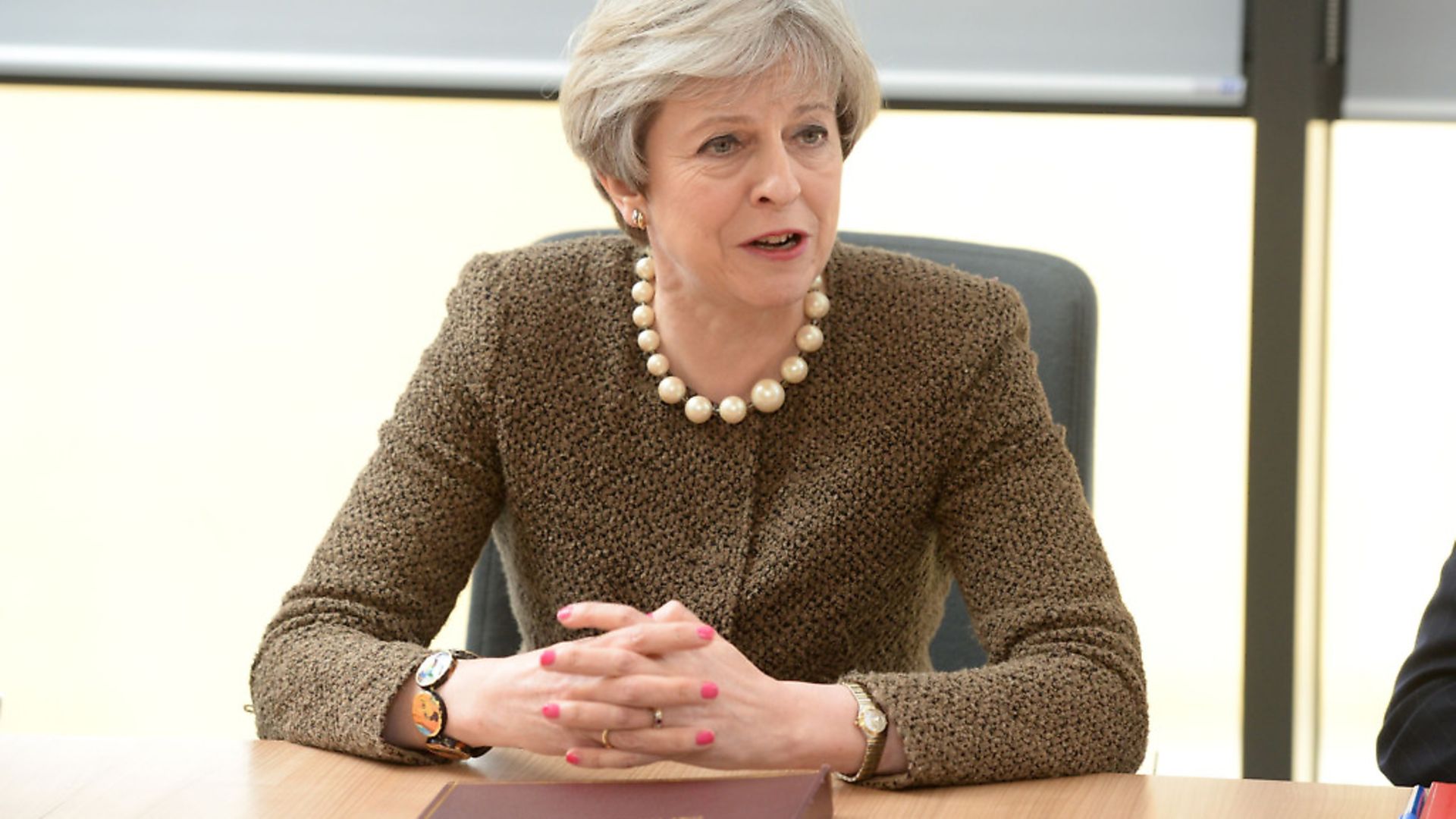
A study has claimed that if the government had listened to experts talks with the EU would have been a smoother process.
Academics have claimed that the EU was able to monopolise the production of key negotiating texts and guidelines because the Tories were distracted by infighting.
This allowed the EU to “box in” the UK and British negotiators were forced into a series of last-minute concessions.
Researchers from King’s College, University College London and the University of Exeter tracked key Brexit decisions and developments by the Conservative Government between June 2016 and May 2019.
Claire Dunlop, Scott James and Claudio Radaelli analysed public documents – Brexit papers, civil service reports about Brexit, think tanks reports and media coverage.
They interviewed seven UK policy makers and external policy stakeholders from think tanks, businesses, trade associations and lobbyists in summer 2017 and 2018.
The study suggests the path towards Britain leaving the EU would have been smoother if then prime minister Theresa May and her ministers had listened more to experts, and the public, so there could have been a genuine learning process about a new deal and what it would involve.
Prof Dunlop, from the University of Exeter, said: “Of course parliamentary arithmetic has made the Brexit process complicated, but a bigger problem has been that the government’s failure to find effective ways to listen and learn has created ping pong, not debate which can solve problems.”
The study shows British negotiators were restricted to having to bargain because of Conservative instability following the June 2017 election, when Theresa May lost her majority.
The government had to prioritise its survival and the management of the Conservative Party, instead of long-term strategic policy thinking about Brexit, the academics suggest.
This helped to make Britain’s exit from Europe an intractable policy issue, but ministers did not try to find new ideas or policy to end this impasse because of a culture of mistrust and suspicion generated by the referendum and cabinet splits.
Instead they created mistrust by not communicating with each other, meaning different Whitehall departments were sending conflicting messages.
Prof Radaelli, from UCL, said: “Even before the 2017 election Theresa May was almost impermeable to arguments aired in cabinet, and instead relied on a small and narrow clique of Eurosceptic MPs to formulate her early Brexit strategy.
“She felt as if she had to do that because she had lost her majority.
“She thought asserting control over the process was best because of splits in her party, but instead of solving problems this caused confusion.”
The research describes a bunker mentality in No 10, where the prime minister and staff tried to use obfuscation to deflect challenges.
The academics argue this position was untenable once the UK triggered Article 50 in March 2017 and the Brexit negotiations got under way.
The lines of responsibility were blurred by the fact that the UK’s lead official negotiator, Oliver Robbins, originally had a dual reporting line to the Brexit secretary and the prime minister.
This created tensions with No 10 and his move to the Cabinet Office in September 2017 undermined the position of the Department for Exiting the European Union, contributing to its high turnover of ministers and senior officials and eroding its capacity for institutional memory and accumulation of expertise.
The study – Can’t Get No Learning: The Brexit Fiasco through the Lens of Policy Learning – is published in the Journal of European Public Policy.









